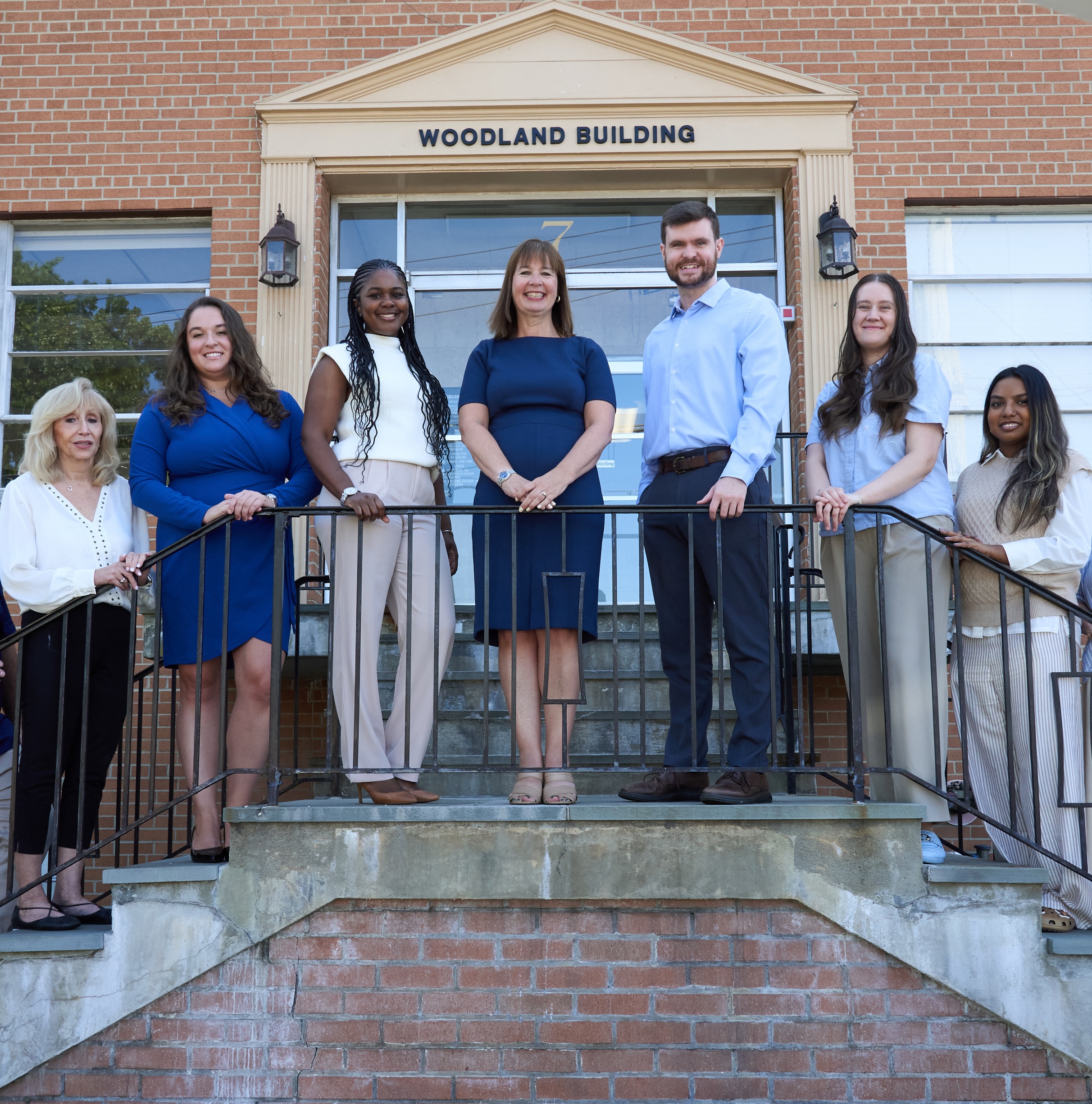
Although you may think it’s obvious that you are disabled, the Social Security Administration (SSA) uses strict criteria to determine who is awarded benefits. Their definition of disability is different from the one we use in everyday conversation.
Defining Disability
There are three main criteria used to determine who can receive disability benefits.
- Your condition makes it impossible for you to continue doing the same type of work you did before you become ill or injured.
- You can’t do other types of work because of your condition.
- Your condition has lasted for at least 12 months, is expected to last at least 12 months, or is considered fatal.
Since disability is defined in terms of your ability to hold a job, your age, education, and past work experience will play a role in determining if you can receive benefits. It is accepted that people who are older, less educated, or have few transferable skills will have more limited options when it comes to finding new work that accommodates their condition.
If you are currently working part-time, it may become more difficult to establish that you meet the Social Security definition of disability. You will need to establish that you are not working part-time because full-time work is unavailable or because you need a flexible schedule to attend to childcare responsibilities or other personal commitments. When you are successfully working part-time, there is a presumption that you are physically capable of working a slightly easier job on a full-time basis.

How to Prove You Are Disabled
Proving you meet Social Security’s definition of disability is not an easy task. Unless you are suffering from a terminal illness or a condition that qualifies for expedited processing, you will need to provide extensive documentation of your medical condition and how it affects your ability to continue working.
The majority of Social Security disability applications are initially denied, which means applicants must go through a step-by-step appeals process. Having representation from a skilled social security disability attorney is the best way to protect your right to benefits.
O’Connor Law helps New York residents with physical or mental disabilities navigate the Social Security disability application and appeals process to get the benefits they need to provide for themselves and their families. Contact our office today to schedule a free, no-obligation case review.





